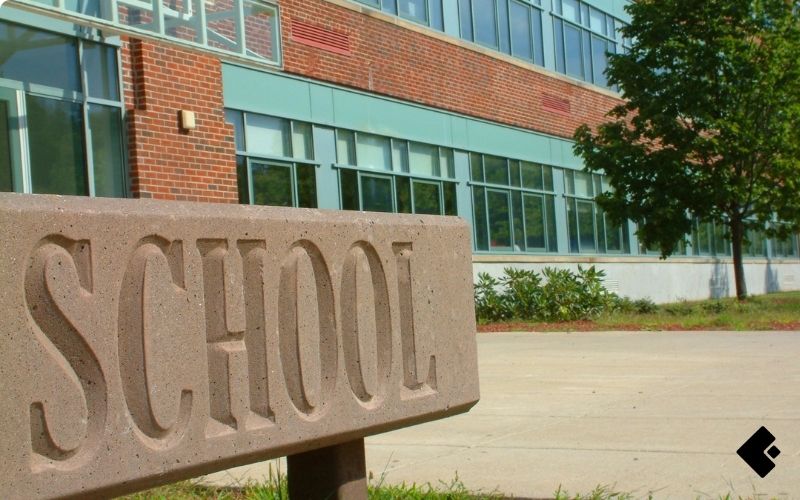As we navigate through 2025, the landscape of residency verification within school districts continues to evolve. Costs to districts continue to increase across nearly every category and so too does the cost for each attending student to the district. As budgetary constraints are increasing, districts are looking for ways to cut costs and improve efficiency with current resources and staff.
The estimated national average cost to a school district per student attending is $16,280. This is substantial to each district especially as it compounds, which is why so many are enhancing their verification processes for the next school year to cut costs on Fraudulent Enrollments. With that significant cost in mind, heading into the new year here’s a few areas to consider:
Enhanced Residency Verification Process
School districts are leveraging investigative teams who specialize in district residency in addition to their own verification methods to identify and address residency fraud. This includes several areas of investigation beginning with:
- Database Reviews: Utilizing property records, vehicle and driver’s license registrations, voting records, corporate affiliations, and business licenses to cross-reference information.
- County Record Reviews: Conducting thorough searches of property records, mailing addresses, and homeowner exemptions.
- Verifications and Additional Reviews: Checking homeowner’s insurance, social media activity, and license plate readers to gather comprehensive evidence.
Increased Collaboration in Residency Verification
The collaboration between private investigators and school officials has become more common. This partnership aims to safeguard resources and ensure fair access to education. Key aspects include:
- Field Investigations: Corroborating evidence obtained during desktop investigations through surveillance and interviews with local utility companies, home insurance providers, and neighbors.
- Surveillance: Discreetly monitoring subjects to verify their residency claims, including remote surveillance using ROC (remote observational cameras).
Legal and Ethical Considerations
Ensuring compliance with legal standards and maintaining a positive environment for students and families remains a significant focus. This involves:
- Legal Compliance: Adhering to district policies and regulations to ensure investigations are conducted ethically and legally.
- Transparency: Maintaining public trust by committing to responsible resource management and transparency in the verification process.
Impact on School Districts
Residency fraud has far-reaching consequences, including financial strain, overcrowding, and misallocation of services. Addressing these issues proactively can lead to:
- Financial Savings: Removing fraudulent students can save districts significant funds, allowing for better allocation of resources.
- Improved Educational Quality: Reducing overcrowding and ensuring that resources are directed to legal residents can enhance the quality of education.
- Increased Public Trust: Transparent and fair practices can boost public confidence in the district’s management.
Conclusion
In 2025, the focus is on enhancing verification processes, increasing collaboration, and maintaining legal and ethical standards. By staying ahead of trends and adopting innovative solutions, school districts can effectively combat residency fraud and protect their communities.
Contact Us Today
Frasco® District Residency Investigations delivers ethical and efficient solutions tailored to your needs. Have questions or want to discuss your investigative needs further? Schedule a call with one of our experts today to find the answers you’re looking for.
Disclaimer: This blog post is for informational purposes only and should not be considered legal advice. Please consult your general counsel for specific legal guidance. Frasco investigators are licensed, and our operations comply with US industry, federal, state, and local laws.

